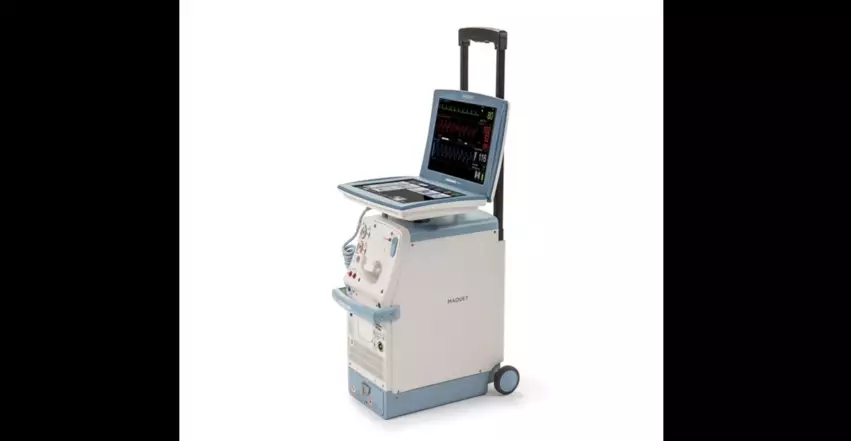FDA shares update on heart devices linked to multiple recalls and patient deaths
Certain intra-aortic balloon pumps (IABPs) manufactured by Datascope, a subsidiary of Getinge, have been involved in multiple recalls in 2023, including a series of Class I incidents associated with a risk of “serious injuries or death.”
To help healthcare providers track these ongoing concerns, the U.S. Food and Drug Administration (FDA) has published an open letter that puts all of the most relevant details together in one location.
The devices in question are the Cardiosave Hybrid and Rescue IABPs, designed to provide temporary support to a patient’s left ventricle. There have been six Class 1 recalls so far, the agency explained in its letter, and each one corresponds to a different reason that the devices unexpectedly stopped working. When this happens, it creates a risk of interrupting treatment, and the patient faces a heightened risk of experiencing a serious adverse event.
These are the six reasons the devices are shutting down with no warning, complete with a link to the recall tied to each issue:
- Electrical failures in the power management board or solenoid board.
- Failures in the printed circuit board assembly in the charging path.
- Power failures due to the devices being placed incorrectly into their carts.
- Failure alarms due to helium issues.
- Sensitive "gas gain" and "gas loss" alarms going off.
- Overheating.
A total of six deaths have been linked to these ongoing concerns. The FDA recommends that healthcare providers using these devices monitor the situation closely. Issues of any kind should be reported directly to the agency, and devices can be returned to the manufacturer if customers wish to take that step. Otherwise, customers can still continue using the IABPs, but they should “have additional charged IABP devices available and ready.”
“The FDA continues to work with the manufacturer to evaluate these issues,” according to the agency’s letter. “While the FDA remains concerned about device shutdown and pump stop events, these devices may continue to be used to provide circulatory support when necessary. The FDA recognizes that alternative treatments are limited.”


